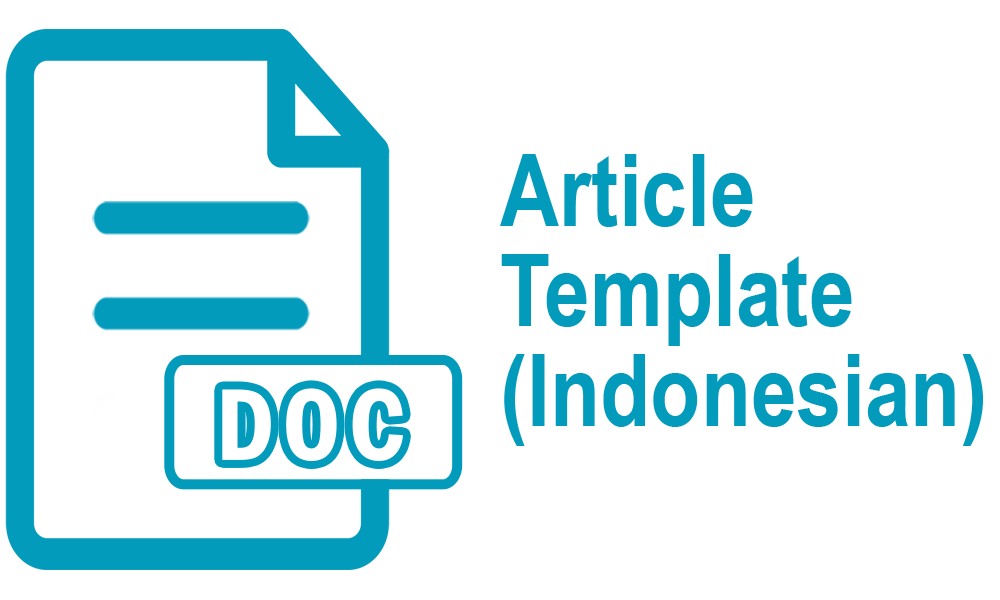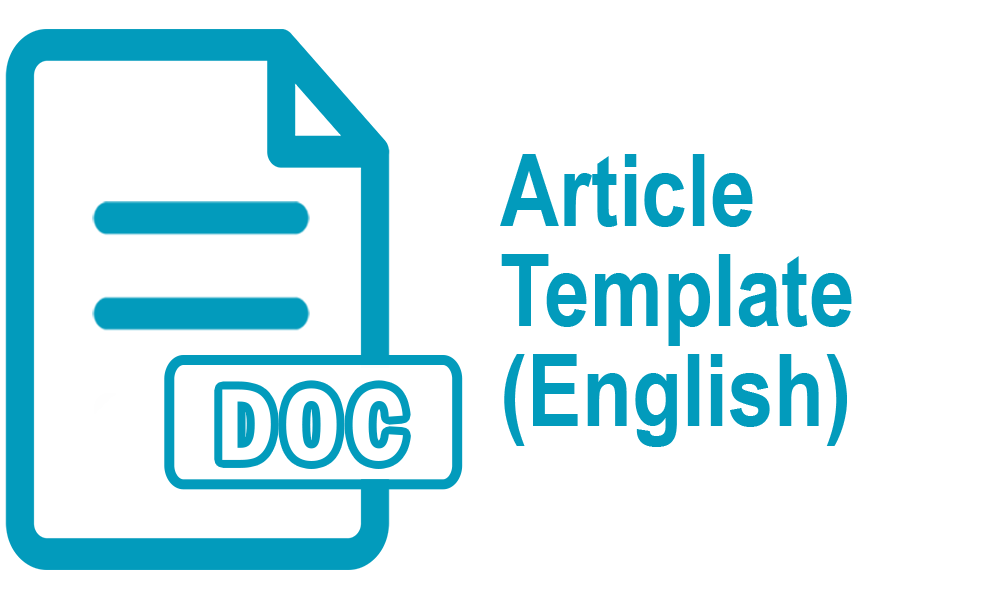ILLOCUTIONARY ACT OF MIRANDA PRIESTLY CHARACTER IN THE DEVIL WEARS PRADA FILM
Abstract
ABSTRACT
People are more likely to convey their intention implicitly than explicitly. A speaker tends to use implicit message with the expectation that his or her hearer could interpret the real intention within the message. Yet, the real intention itself is not always appear clearly due to the different form of interpretation by each person (both the speaker and hearer). A speaker may convey certain meaning of his utterance then achieved differently by the hearer. This is what so called as “ambiguity” when an utterance has more than one meaning. This research aimed to identify the illocutionary acts and its types used by Miranda Priestly character in The Devil Wears Prada Film. The design of this research was descriptive qualitative. The writer collected the data from the film dialogues then classified the utterances into the categories based on the theory of illocutionary by Searle. The findings showed there were five types of illocutionary act found in this research: representative (complain, assure, and inform), directive (command and ask), commissive (promise), expressive (deploring, thank and congratulate), and declarative (disapprove and appoint). The most dominant type of illocutionary acts found in this film was directive. In directive illocutionary acts itself, command acts were dominantly used by Miranda Priestly character.
Keywords: illocutionary acts, film, character
ABSTRAK
Pada umumnya maysyarakat cenderung menyampaikan suatu maksud dalam bentuk yang implisit daripada secara eksplisit. Seorang pembicara yang menyampaikan maksudnya secara implicit cenderung mengaharapkan bahwa pendengarnya dapat mengerti maksud implisitnya sesuai dengan apa yang ia maksudkan. Akan tetapi, arti sebenarnya dari ungkapan implisit tidak selalu nampak secara jelas bagi pendengarnya mengingat perbedaan interpretasi dari setiap orang (baik dari pembicara maupun pendengar). Pembicara mengutarakan maksudnya kepada pendengar yang kemudian dapat diartikan berbeda dari maksud asli si pembicara tersebut. Hal inilah yang sering disebut dengan “keambiguan”dimana suatu ungkapan dapat memiliki lebih dari satu arti. Penelitian ini bertujuan untuk mengidentifikasi bentuk-bentuk ilokusi dan jenis-jenisnya dalam karakter Miranda Priestly difilm The Devil Wears Prada. Bentuk penelitian ini berupa deskripsi kualitatif. Penulis mengumpulkan data penelitian ini dari dialog-dialog film The Devil Wears Prada dan kemudian mengklasifikasi ungkapan-ungkapannya kedalam teori ilokusi dari Searle. Hasil penelitian ini menunjukkan terdapat lima jenis dari bentuk-bentuk ilokusi dalam karakter Miranda Priestly difilm The Devil Wears Prada: representative (dalam ungkapan keluhan, pemastian, dan menginformasi), directive (dalam umgkapan perintah dan meminta), commissive (dalam ungkapan janji), expressive (dalam ungkapan menyayangkan sesuatu, berterima kasih, dan memberikan ucapan selamat), dan declarative (dalam ungkapan menolak dan memutuskan sesuatu). Jenis ilokusi yang paling mendominasi digunakan oleh karakter Miranda Priestly adalah jenis directive. Didalan ilokusi directive, karakter Miranda Priestly paling sering menggunakan ungkapan perintah.
Kata kunci: bentuk-bentuk ilokusi, film, tokoh
Full Text:
PDFReferences
Miles, M. B., & Huberman, A. M. (1994). An Expanded Sourcebook Qualitative Data Analysis Second Edition. United States of America: Sage Publications.
Nugroho, A. S. (2011). An Analysis of Illocutionary Acts in Sherlock Holmes Movie. Jakarta: UIN Syarif Hidayatullah Jakarta.
Searle, J. R. (n.d.). Minnesota Center for Philosophy of Science. Retrieved February 15, 2015, from University of Minnesota Driven to Discover: http://www.mcps.umn.edu/assets/pdf/7.8_searle.pdf
Searle, J. R., & Vanderveken, D. (1985). Foundations of Illocutionary Logic. London: Cambridge University Press.
Yule, G. (1996). Pragmatics. Oxford University Press.
DOI: http://dx.doi.org/10.30872/jbssb.v2i4.1320
Refbacks
- There are currently no refbacks.
Copyright (c) 2018 Indri Ari Markus Wonata
Editorial address:
Fakultas Ilmu Budaya, Universitas Mulawarman
Jl. Ki Hajar Dewantara, Gunung Kelua, Kec. Samarinda Ulu, Kota Samarinda, Kalimantan Timur, Indonesia 75123
Email: jurnalilmubudaya.fibunmul@gmail.com
Website: http://e-journals.unmul.ac.id/index.php/JBSSB
Ilmu Budaya: Jurnal Bahasa, Sastra, Seni, dan Budaya is licensed under a Creative Commons Attribution-ShareAlike 4.0 International License






